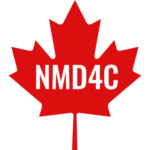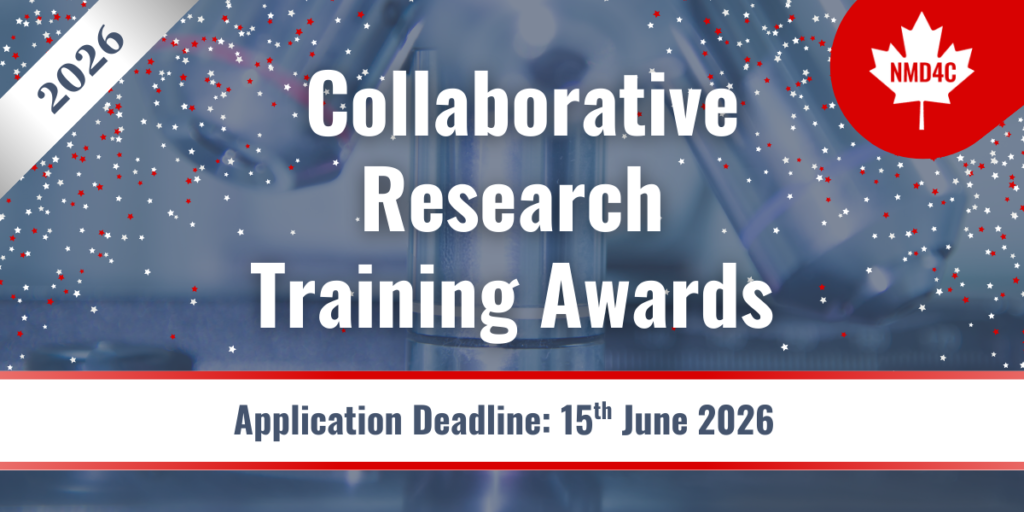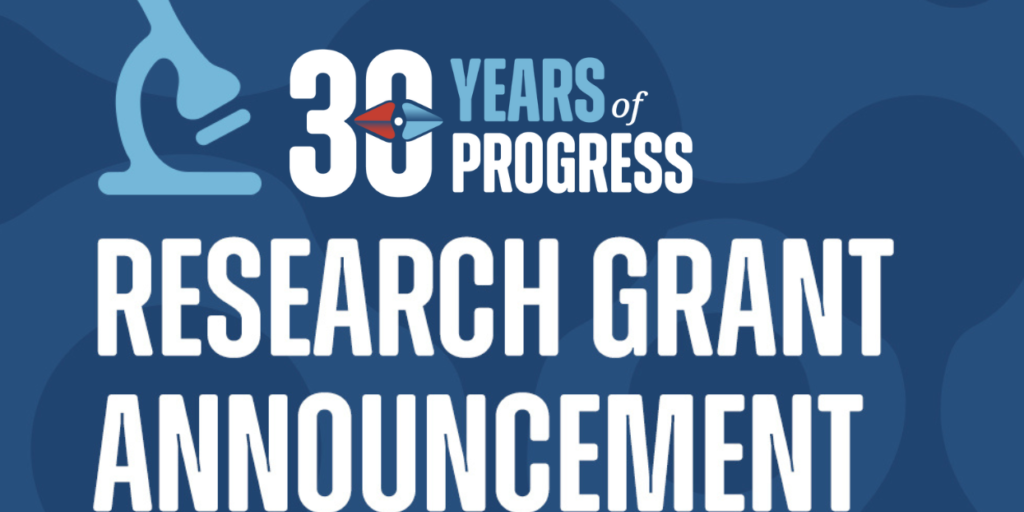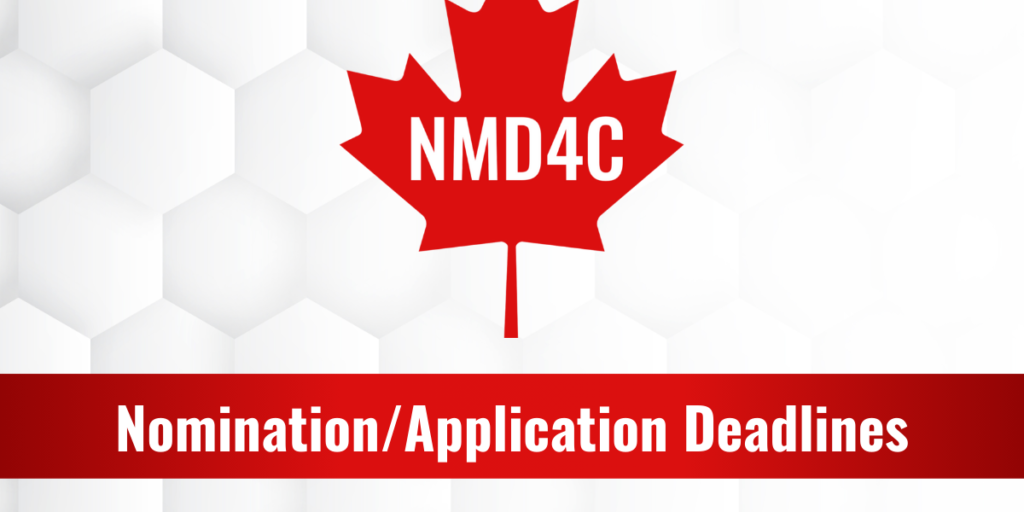COVID-19 care recommendations for people using home-based ventilation
As COVID-19 continues to affect our daily lives, it is critical that we try to limit the spread of the virus as much as possible. This is especially applicable for patients who use non-invasive positive-pressure ventilation (NIPPV), mechanical airway clearance devices, or are supported by home ventilation for other chronic respiratory failure syndromes.
Chronic respiratory failure conditions include:
- Amyotrophic lateral sclerosis (ALS)
- Chronic obstructive pulmonary disease (COPD)
- Complicated pneumonia
- Cystic fibrosis
- Duchenne muscular dystrophy
- Myotonic dystrophy
- Severe obesity hypoventilation syndrome
- Spinal cord injuries
- Spinal muscular atrophy
- Thoracic cage disorders
NIPPV devices can increase the risk of infectious particles being dispersed into the environment, which can then infect the people around you. This risk is especially concerning with poor fitting mask interfaces, high leak, and open ventilation systems with tracheostomy.
To help limit the spread of these particles, the CHEST Foundation has provided recommendations and guidelines to help keep you and your loved ones stay as healthy as possible, which can be downloaded HERE.
***
Comme la COVID-19 continue d’affecter notre vie quotidienne, il est essentiel que nous essayions de limiter la propagation du virus autant que possible. Cela s’applique en particulier aux patients qui utilisent la ventilation non invasive (VNI) à pression positive, les dispositifs mécaniques de dégagement des voies respiratoires, ou qui sont soutenus par une ventilation à domicile pour d’autres syndromes d’insuffisance respiratoire chronique.
Les affections liées à l’insuffisance respiratoire chronique comprennent :
- La sclérose latérale amyotrophique (SLA)
- Maladie pulmonaire obstructive chronique (MPOC)
- Pneumonie compliquée
- Fibrose kystique
- La dystrophie musculaire de Duchenne
- La dystrophie myotonique
- Syndrome d’hypoventilation de l’obésité sévère
- Lésions de la moelle épinière
- Atrophie musculaire de la colonne vertébrale
- Troubles de la cage thoracique
Les VNI à pression positive peuvent augmenter le risque de dispersion de particules infectieuses dans l’environnement, qui peuvent ensuite infecter les personnes autour de vous. Ce risque est particulièrement préoccupant pour les interfaces de masque mal ajustées, les fuites importantes et les systèmes de ventilation ouverts avec trachéotomie.
Pour aider à limiter la propagation de ces particules, CHEST Foundation ont fourni des recommandations et des lignes directrices pour aider vous et vos proches à rester en bonne santé autant que possible, qui vous pouvez télécharger ICI.




